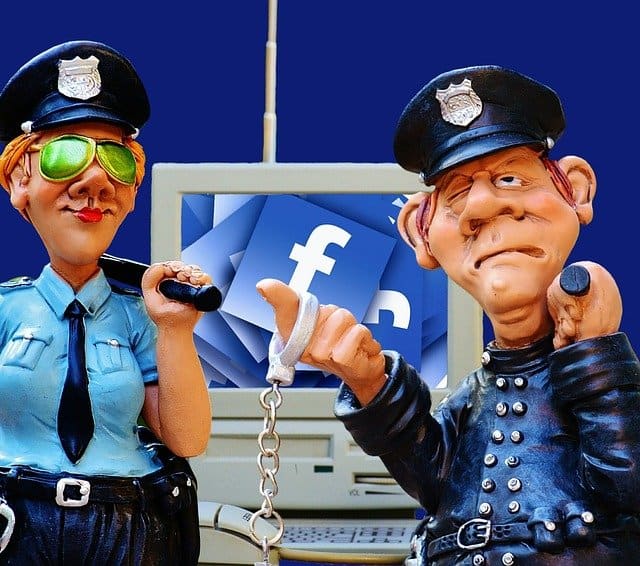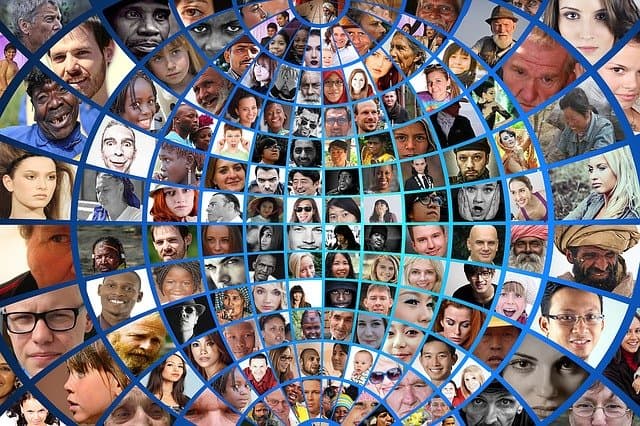The opinion of regulators, lawmakers, and governments around the world is that Facebook is already too big. The company faces legal action in the United States of America that might eventually force it to break up, splitting popular apps like WhatsApp and Instagram into separate, standalone companies. Everything Facebook does as a business is scrutinised, from the way it handles your data to the way it controls the advertising we see when we’re logged into one of its various arms. None of this, though, has hampered the ambitions of Facebook founded Mark Zuckerberg. He still wants to see the company get bigger.
This past week, Zuckerberg has been discussing the future of his company with technology websites and journalists. The same word appears in every printed interview he gave. That word is “metaverse.” Within the next five years – certainly before the end of the decade – he wants to end the era of Facebook being a social media platform and instead turn it into a so-called “metaverse” company. The word conjures images of the Marvel Comic Universe “multiverse,” which is about to be represented in films and television shows, but that’s not what Zuckerberg means here. A metaverse is not a multiverse. What, then, is a metaverse – and what does it mean for the average Facebook user?
Unhelpfully, there isn’t a single agreed definition for the word. More helpfully, we can talk you through the implications and the generally accepted meaning. A “metaverse” would perhaps be better described as a fully immersive virtual world. To enter a metaverse, a user must put on either a virtual reality helmet, virtual reality glasses, or an augmented reality device. Once they’re hooked up to the device, they can work, play games, and communicate with friends inside the virtual world without leaving their homes. Some of the more sensation-friendly newspapers have described Zuckerberg’s vision as being something akin to people living inside Facebook. While that’s not technically accurate, it’s not a million miles from the truth. Comparisons to the popular Keanu Reeves movie “The Matrix” have already been made.
Zuckerberg’s preferred description of a metaverse isn’t quite so alarming. He calls it an “embodied internet.” He says that people already spend hours scrolling through Facebook content every day, so stepping inside that content is the next evolutionary step. The Facebook founder finds it unnatural that people spend so much of their time staring at the “glowing rectangles” of their phones and that ditching the phones and stepping into a more immersive space would actually be better for them. His vision of Facebook’s future involves people communicating with each other in a virtual space featuring lifelike avatars. Again, he sees this as an improvement on the recent past of staring at rows of faces in mass Zoom calls.
While the primary focus of Zuckerberg’s vision is about new frontiers for business and communication, he also sees practical applications for entertainment. One example he gave is that somebody could start watching a concert on their laptop, tablet, or mobile phone, but could then put a virtual reality headset on and become three-dimensionally involved in the concert, giving the user the feeling of being at the concert for real. He believes fitness classes could work the same way, allowing users to access three-dimensional gyms and have one-on-one sessions with gym instructors even if the instructors are on the other side of the world. He says that Facebook will make it possible for us to sit on each other’s couches as holograms. That’s the kind of future technology that’s been a staple of science fiction franchises like “Star Wars” and “Star Trek” for decades. With sufficient take-up of the tech, workers could put on a headset to “go to the office” every morning and virtually sit side by side with their co-workers even if, in reality, everyone in the office is sat on their own at home.

To hear that Facebook intends to expand in this way isn’t a huge surprise. The company has been trying (with varying degrees of success) to get involved in non-social-media-related areas of our lives for years. Facebook Libra might still one day become a large-scale cryptocurrency. With the Facebook High 5 Casino, the company has tried to muscle in on the enormous global online slots market. Millions of people around the world play online slots every day, but Facebook would like those people to play online slots with them rather than on one of the hundreds of dedicated online slots websites that already exist. They’ve tried to launch dating apps, alternatives to Pinterest, and alternatives to YouTube. Through Facebook Portal, the company is already inside the homes of hundreds of thousands of people. Zuckerberg’s vision of the future is likely to feel invasive and intrusive to some readers, but the reality is that we invited Facebook into our lives more than a decade ago, and we’ve been pouring more and more of our lives into it ever since.
While he talks about a five-year timescale, much of the technology that Zuckerberg intends to use in this brave new world already exists. Facebook spent two billion dollars to acquire Oculus and has been enhancing and developing the virtual reality hardware ever since. A project called “Facebook Horizon” has been open on an invite-only basis since 2019, allowing people to meet inside virtual worlds using cartoonish avatars of their real selves. Headsets will need to be refined further before they gained the kind of public acceptance that would enable Zuckerberg to get his dream off the ground, but that’s something the company is working on under top-secret conditions as we speak. They might even have already developed a smaller, more lightweight VR headset that doesn’t feel as cumbersome for the wearer.
As exciting as all of this might sound to some people, the downside is that Facebook would have even more access to our data. Right now, the platform knows about every click we make, every article we read, and every friend we speak to. In a three-dimensional virtual reality world, that could go even further. Facebook would know what we looked at, how long we spent looking at it, and how we interact with our friends and business contacts. It would theoretically possess enough data to make a virtual approximation of us based on our interests, our mannerisms, and the way we talk. Facebook wants to bring us all closer together, but it’s no exaggeration to say that the cost could be our digital souls.














